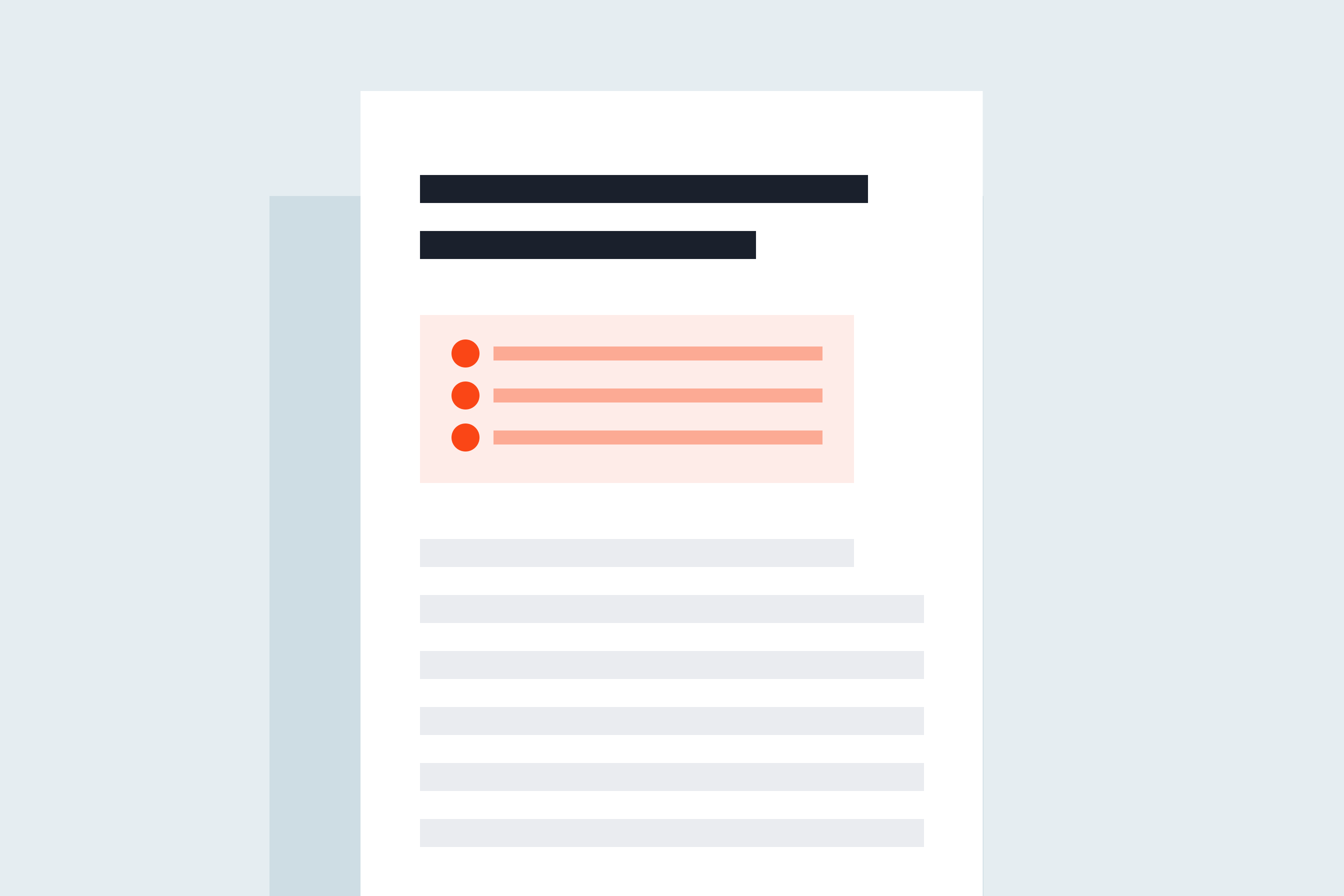Hey, do you want to meet for fika?
That may sound like an exotic destination or event, but fika is actually a Swedish word for coffee break. Fika at the office is not about grabbing a coffee and then drinking it at your desk while you work. It's about sitting down with co-workers and taking a break from what you're doing so you can socialize, de-stress and seek support or advice.
If that still sounds like a foreign concept to you, you may want to learn how other countries handle their coffee breaks (and discover the benefits of putting work on pause for a moment or two).
The Swedes take their coffee very seriously, consuming an average of 7.32 kg of coffee beans per capita each year - almost twice the amount of other European countries according to the International Coffee Organization. Fika can happen any time of day and is typically observed several times throughout the day, often with something sweet on the side. These breaks are seen as important social events used to help keep up moral and boost group spirit, so companies prioritize coffee and ensure their employees have time to drink it.
Elevenses is a traditional coffee or tea break taken around 11 a.m. - but coffee breaks in the UK aren't limited to late morning. In many circles tea breaks are seen as an integral part of the working day, with some businesses creating central areas where workers from different departments can gather and socialize. Grabbing a coffee or tea allows colleagues to communicate eye-to-eye rather than through email and gets people out of their desks and moving.
Tea is the drink of choice in Japan, with many companies making green tea available to workers during breaks, and preparing tea for important visitors. A lot of workplace communication is done through conversations over tea or coffee, rather than formal channels. To stay current on issues and show that you want to be an active participant in your work group, it's important to take part in regular tea or coffee breaks in Japan.
While federal law does not require lunch or coffee breaks in America, many workplaces do offer short breaks. Coffee vending machines first emerged after WWII, allowing workers to make coffee and be back to work at their desks within a matter of minutes. While coffee chains are popular, work culture tends to be fast paced, so coffee is bought and taken to go, rather than enjoyed at the shop.
There are a number of studies to support the idea that taking regular breaks boosts workplace culture and productivity. Breaks can help:
Keep people focused: A 2011 study in the journal Cognition found that brief diversions from a task can dramatically improve one's ability to concentrate.
Relieve stress: A study in Symbolic Reaction found that having coffee breaks with coworkers helped a group of Denmark employees cope after a large-scale merger.
Boost productivity: MIT studied call center workers at Bank of America. After one month, researchers found that workers who talked more to co-workers got through calls faster and felt less stressed. Bank of America changed coffee breaks to allow for more interactions, and within a few months reported productivity gains of about $15 million a year.
Recharge your energy: The Energy Project, a New York City-based productivity consulting firm, found that without any downtime, people are less efficient, make more mistakes, and are less engaged in what they're doing.
Taking a coffee break is an integral part of workplace culture. They provide opportunities for co-workers to start up a conversation, vent frustrations and share experiences and advice.
Whether you call it grabbing a cup of joe or meeting for fika, just take a few minutes to get away from your desk and chat with your colleagues. It could spark a great idea, improve communication and help with team building. All with just a simple cup of coffee.


